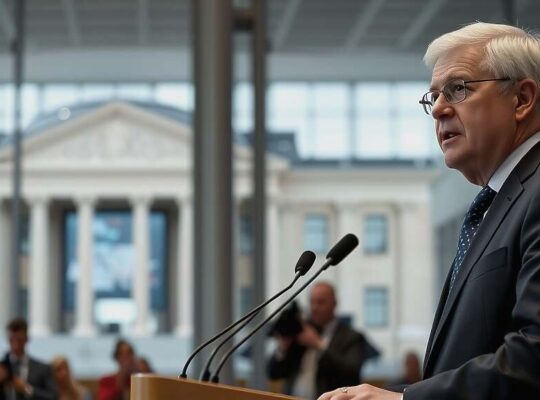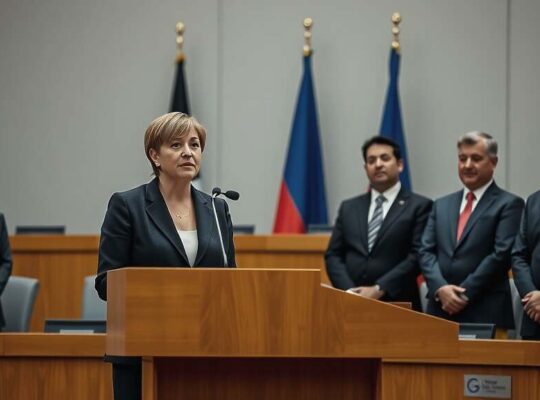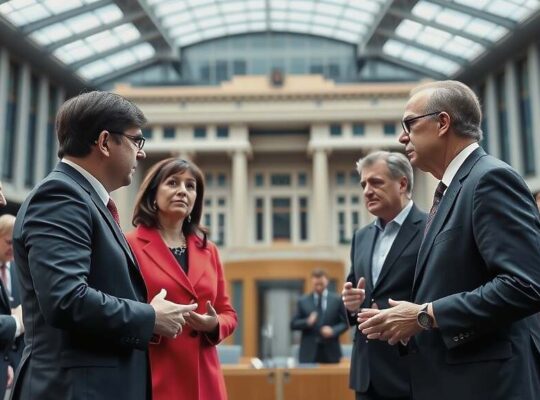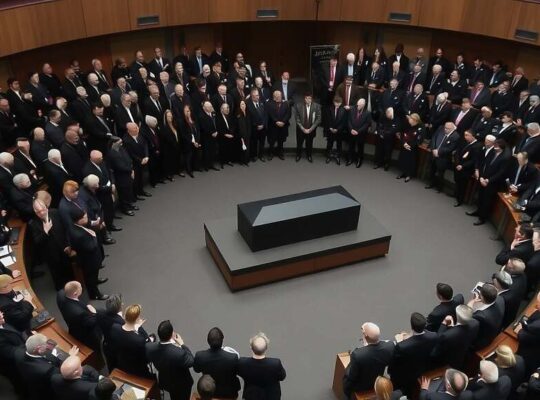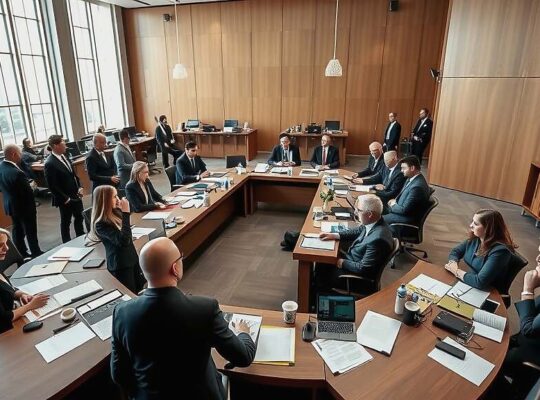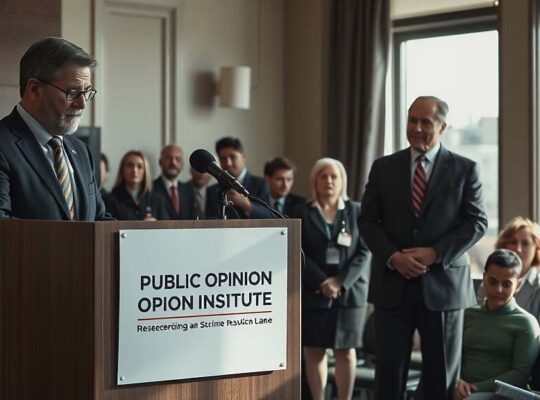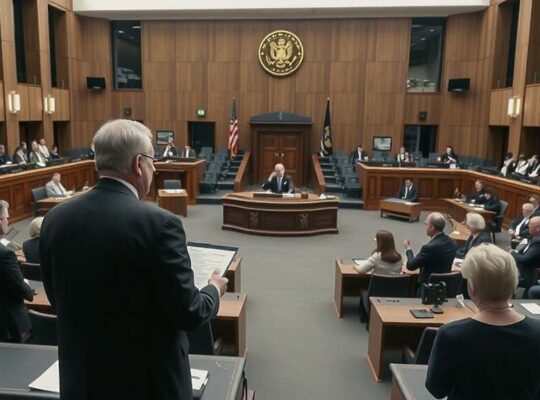The proposal by the Alternative for Germany (AfD) party in Saxony-Anhalt to restrict teachers’ ability to express political opinions and undertake anti-racism projects within the classroom has drawn sharp condemnation from the German Teachers’ Association. Stefan Düll, the association’s president, labelled the initiative as “clearly unacceptable” emphasizing the vital role of schools in fostering democratic education and open societal debate.
The AfD’s legislative motion, slated for parliamentary debate in Magdeburg, claims that educators are exploiting opportunities to transmit their individual political views to students, thereby overstepping their pedagogical responsibilities. The party argues for a stricter framework that would limit teachers’ engagement with politically charged subjects and initiatives.
However, Düll countered this perspective, highlighting the significant work many schools undertake to promote tolerance and combat racism. He warned that attempts to curtail such engagement “endangers the foundations of our community” particularly at a time when democratic values are being tested. Düll stressed the importance of political education as an advocacy for human and civil rights – a commitment fundamentally separate from partisan political agendas.
While acknowledging that teachers have the right to express personal political opinions, Düll insisted that these must be clearly identified as personal viewpoints and should not involve partisan political influence. He reiterated the fundamental obligation of educators to the German constitution, emphasizing their responsibility to impart values of human dignity and equal treatment. The proposal, analysts say, reflects a broader trend of conservative parties attempting to exert greater control over curricula and educational content, raising concerns about academic freedom and the potential for indoctrination. The debate is expected to be fiercely contested, with implications extending beyond Saxony-Anhalt and potentially impacting educational policies nationwide.



